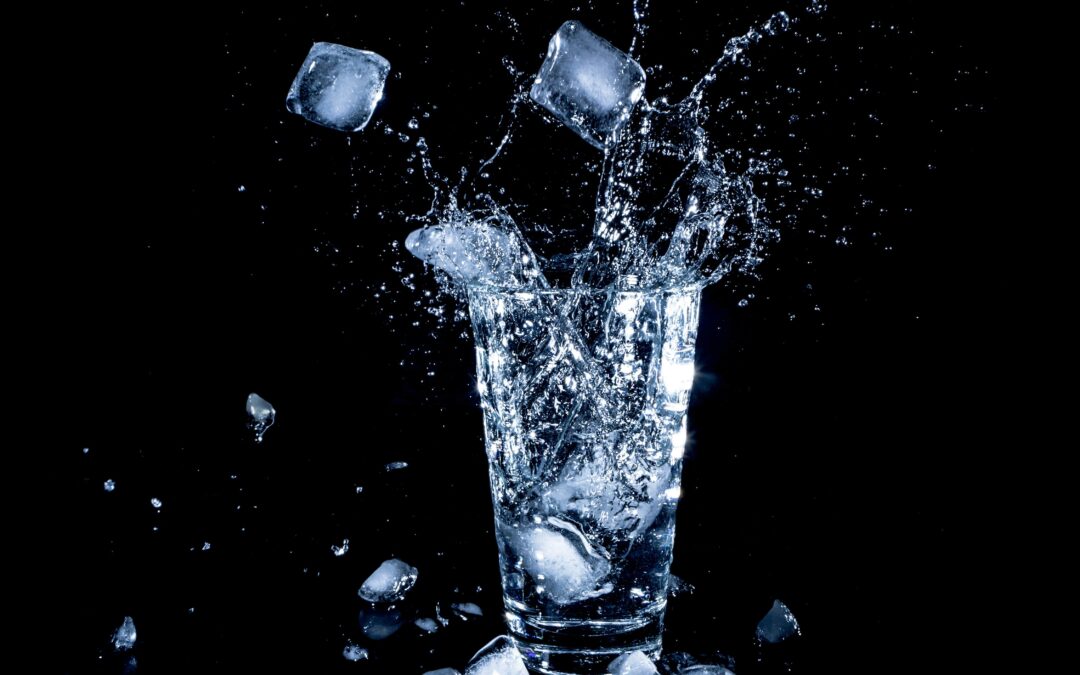At Bernash Care Home, the wellbeing of our residents is our highest priority. One of the key aspects we focus on is ensuring they stay hydrated. As people age, their bodies undergo changes that make hydration increasingly important, the elderly are more vulnerable to the risks associated with dehydration.
Why Hydration is Vital in Older Adults
Water is essential to the body’s overall function, from aiding digestion to regulating temperature and flushing toxins. However, as people age, the body’s ability to stay hydrated can become compromised due to several factors:
Diminished Thirst Sensation
As people age, it is common to experience a reduced sense of thirst. This makes it easy for the elderly to become dehydrated without realising it, which is why the staff at our residential care home are trained to offer fluids regularly throughout the day, regardless of whether residents ask for them.
Medication Side Effects
Many elderly individuals are on medications that can contribute to dehydration, such as diuretics, which are often prescribed to manage blood pressure or heart conditions. We monitor medication side effects closely and adjust hydration routines accordingly.
Physical and Cognitive Changes
Some of our residents may have conditions like dementia or Alzheimer’s, which can prevent them from recognising when they need a drink. Our carers are trained in dementia care, therefore, they ensure hydration is incorporated into the daily routine in a way that feels natural and non-intrusive for the resident.
Changes in Body Composition
As people age, the body’s water content decreases due to the loss of muscle mass. This means older adults have less water stored in their bodies, making them more susceptible to dehydration.
The Health Risks of Dehydration
There are many risks associated with dehydration, some of the more serious risks include:
Cognitive Decline
In our care home, we are especially sensitive to how dehydration can impact cognitive health. Dehydration can lead to confusion, irritability, and even mimic symptoms of dementia. By encouraging fluid intake, we help our residents maintain mental clarity and reduce the risk of falls associated with dizziness and confusion
Kidney Problems
For elderly people with pre-existing kidney issues, dehydration can aggravate these conditions, leading to more serious health complications such as kidney stones or infections.
Urinary Tract Infections (UTIs)
One issue that can come from a lack of hydration is urinary tract infections, which can often be prevented with proper hydration. Encouraging your elderly loved ones to drink fluids regularly helps flush out toxins and bacteria that can otherwise cause painful infections.
Constipation
Dehydration is a leading cause of constipation, something that can severely impact the comfort and quality of life of older adults. By maintaining a regular hydration schedule, the occurrence of constipation and other digestive problems can be reduced.
How We Encourage Hydration at Our Care Home
Ensuring that your loved one gets enough water can be difficult, here are some tips that have helped us to keep our residents hydrated and healthy.
Regular Fluid Rounds
Throughout the day, our care team makes sure to offer drinks to all residents, whether they are in the common areas, relaxing in their rooms, or enjoying outdoor activities.
Providing Water-Rich Foods
To supplement liquid intake, we incorporate plenty of water-rich foods into our residents’ diets. Fresh fruits, as well as soups and broths, are all part of the meals we serve to increase their overall fluid intake.
Creating a Pleasant Drinking Experience
We understand that some residents may be reluctant to drink large amounts of water. To help with this, we present drinks in attractive, easy-to-hold cups and glasses, which can make the experience more enjoyable. We also ensure that drinks are kept within easy reach, particularly for those with mobility challenges
Monitoring and Recording Fluid Intake
We keep records of each resident’s fluid intake to ensure they are drinking enough. If a resident is at risk of dehydration, we closely monitor their health and collaborate with our nursing staff to intervene if needed.
Adapting to Individual Needs
Each resident has unique hydration needs. For those with swallowing difficulties, we offer thickened liquids to reduce the risk of choking, and for those on restricted diets, we work with dieticians to find suitable hydration solutions. This personalised approach helps ensure that every resident stays properly hydrated.
Staying hydrated is extremely important to the elderly for staying healthy. If you are caring for a loved one and finding staying on top of their hydration needs difficult we can help. Get in touch with our friendly team today!


